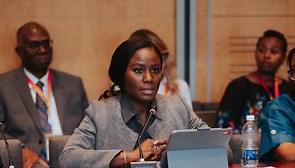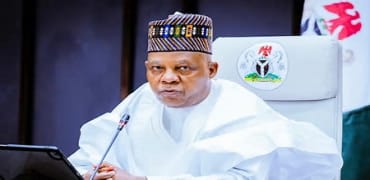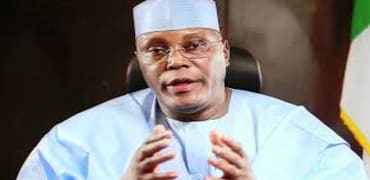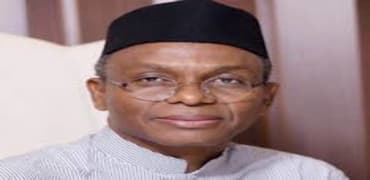Nigeria Rakes in $8 Billion in Oil & Gas Deals in Just One Year – Verheijen
Nigeria Rakes in $8 Billion in Oil & Gas Deals in Just One Year – Verheijen
By Achimi muktar
In a stunning revelation that signals a seismic shift in investor confidence, Nigeria has pulled in over $8 billion (₦12.8 trillion) in deepwater and gas project investments—all within a single year.
This blockbuster announcement was made by Olu Verheijen, Special Adviser to President Bola Tinubu on Energy, during her address at the 2025 Africa CEO Forum in Abidjan, Côte d’Ivoire. According to Verheijen, the influx of capital is the direct result of targeted reforms under President Tinubu’s administration—reforms that have transformed Nigeria from an oil-and-gas gridlock zone into a beacon for global energy investors.
Reforms That Unlocked Billions
According to the News Agency of Nigeria (NAN), Verheijen credited the surge in investment to a cocktail of pro-investor policies, including:
Improved fiscal terms for oil and gas players
Streamlined contracting processes
Clarity in local content rules
Power sector reforms that enhanced the commercial appeal of gas-to-power projects
These bold steps have created a friendlier and more transparent business environment, allowing Nigeria to secure multiple Final Investment Decisions (FIDs) in a sector once plagued by bureaucratic bottlenecks and regulatory uncertainty.
Nigeria as a Case Study for Africa
Speaking to a crowd of CEOs, policymakers, and investors, Verheijen challenged African nations to shift from dependency mindsets to proactive investment strategies.
“Africa must stop begging and start building. Nigeria has shown that clear policies and strong leadership can unlock real capital,” she said. “We’ve moved from gridlock to green light.”
She also highlighted a significant leap in local ownership of Nigeria’s gas sector—from 69% to 83%, calling it a landmark move towards energy sovereignty and self-determination for Africans.
Filling the Investment Gap
With traditional international oil companies (IOCs) reducing their footprint, Verheijen called on African financial institutions, sovereign wealth funds, and development banks to step up—not just as lenders, but as strategic risk-sharing partners.
She pointed to domestic champions like Seplat, Oando, and Renaissance Energy as proof that local players can drive growth in onshore, shallow water, and gas projects.
Verheijen also spotlighted the Dangote Refinery—now the world’s largest single-train refinery—as the crown jewel of African ambition, capital, and engineering. “If we can build Dangote, we can build anything,” she said confidently.
The Bigger Picture: Nigeria’s $20 Billion Infrastructure Need
While the $8 billion haul is impressive, it’s still just a fraction of what’s needed. The Executive Secretary of the Nigeria Extractive Industries Transparency Initiative (NEITI), Dr. Ogbonnaya Orji, recently revealed that Nigeria requires $20 billion annually for the next 10 years to develop its gas infrastructure fully.
To address this, the Tinubu administration has already made another strategic move. In 2024, Finance Minister Wale Edun approved the Consolidated Guidelines for Fiscal Incentives in the Oil & Gas Sector, a key plank in the Presidential Directive aimed at making Nigeria more competitive on the global energy stage.
A New Dawn for Nigerian Energy
From once being seen as a risky frontier market, Nigeria is now positioning itself as Africa’s top investment destination for oil and gas, driven by policy clarity, domestic innovation, and political will.
The message from Abidjan was clear: Nigeria has set the pace. The rest of Africa must now follow—with boldness, strategy, and belief in its own potential.

















